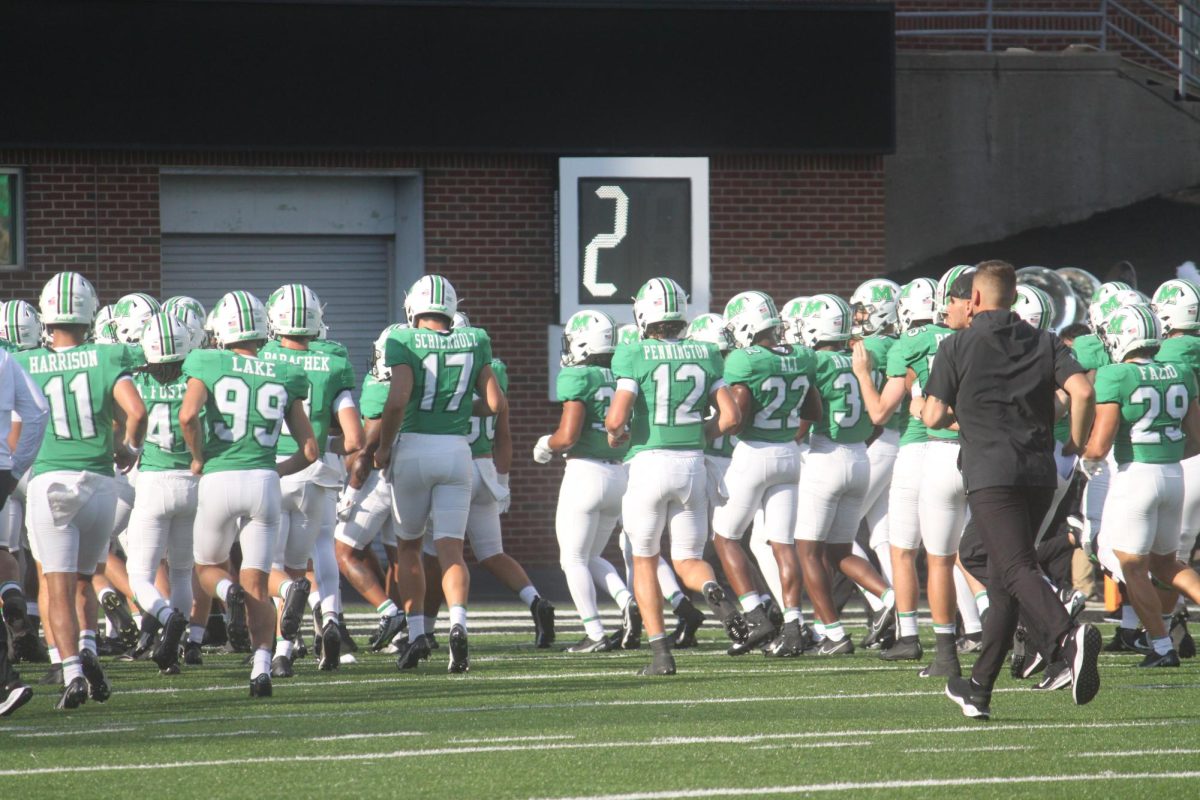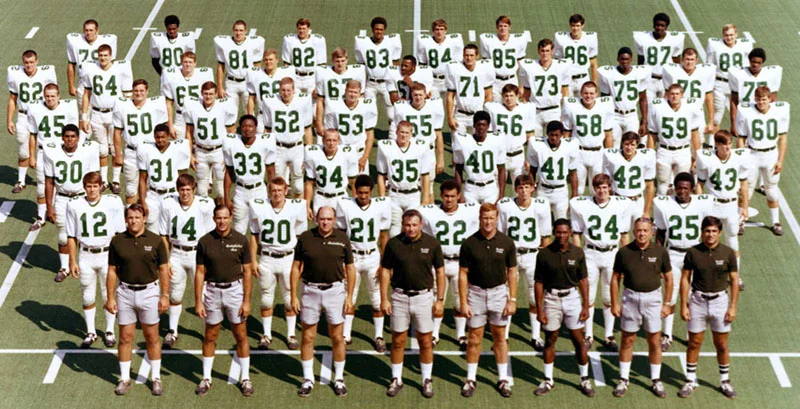Joseph Uscinski Begins Amicus Curiae Lectures on Conspiracy Theories
Joseph Uscinski begins the Amicus Curiae Lecture Series hosted by the Simon Perry Center for Constitutional Democracy.
September 1, 2022
Personalities, predispositions and group identities greatly determine how receptive a person is to believing conspiracy theories, a University of Miami professor and author told a Marshall University audience last week.
“Depending on which group you belong to, that determines who you trust and who your opinion leaders are,” Joseph Uscinski said Thursday night at the 2022 launch of the Amicus Curiae Lecture Series on Constitutional Democracy.
“So, if you follow one particular politician,” he added, “you are going to listen to what that person says and you are going to give them a lot of credence.”
Uscinski, author of books, including “Conspiracy Theories: A Primer,” explained why people believe conspiracy theories by comparing popular narratives to evidence; furthermore, he expanded upon discrepancies between what the media reports compared to systematic data he and his colleagues have collected themselves.
Uscinski defined conspiracy theory as “an accusatory perception in which a small group of powerful people who are working in secret for their own benefit against the common good.”
Uscinski attributed the main motivation behind conspiratorial thinking to politics, as well as factors determining the way people interpret information: their personalities, predispositions and group identities.
The “very different information flows” which cause differing worldviews and ideologies, Uscinski explained, results from the differing trusted sources and their messaging.
“That is why people are coming to very different conclusions about the world,” Uscinski said.
Uscinski’s visual presentation included supporting graphics. One of which regarding motivated reasoning stated, “People seek out information congenial to their worldviews. People hold to a higher standard ideas they don’t already agree with.”
Uscinski critically discussed multiple conspiracy theories on both sides of the political spectrum and explained why many follow these beliefs. Those theories included climate change, Donald Trump being a Russian agent, and others.
In addition, Uscinski presented his data in opposition to the common claim that we live in a “golden age” of conspiracy theories due to their popularity on social media and the internet. According to one of his slides, 75% of Americans blame the prominence of conspiracy theories on social media.
His findings, however, concluded that there is no more or less of a presence of conspiracy theories and their followers currently than there has been in the past. In fact, since the widespread use of the internet began, belief in Kennedy related conspiracy theories has decreased according to Uscinski’s report.
The Amicus Curiae lecture series is supported by a grant from the West Virginia Humanities Council.
The next lecture will take place on Sept. 22, 2022, in the Brad D. Smith Foundation Hall. It will be delivered by Lawrence Norden Esq., senior director of the elections and government program at the Brennan Center for Justice at New York University School of Law.
Uscinski was introduced by Dr. Patricia Proctor, the founding director of the Simon Perry Center for Constitutional Democracy and Pre-Law advisor at Marshall.
















